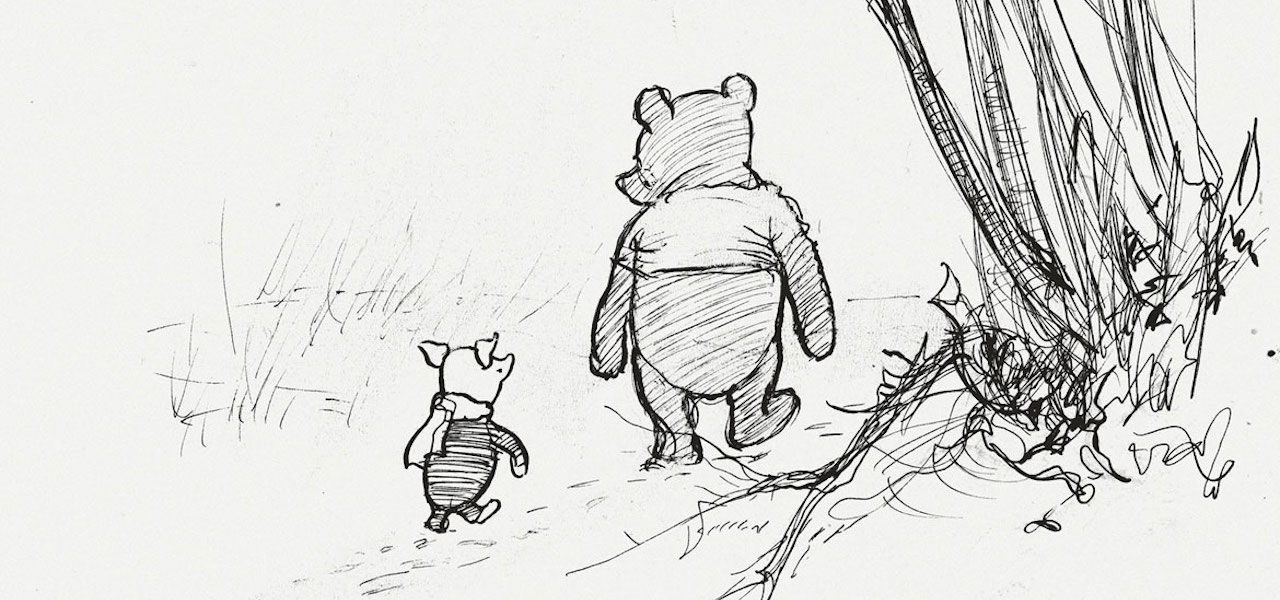Copyright protections were originally implemented to incentivize artists and creators to keep inventing, by giving people a temporary monopoly on the monetization of their work. Since its inception, copyright protections have been extended – first starting off with a default 28 years and now ending up with protections as long as 95 years for corporate-owned copyrights.
In spite of these lengthy terms, many of America’s most beloved intellectual properties will soon be entering the public domain for everybody to use. Mickey Mouse will enter the public domain in 2024, Superman in 2034, and Batman in 2034.
Timothy Lee, a reporter and author of the newsletter Full Stack Economics, recently wrote a piece for Reason Magazine detailing the history of copyright, what legal complications may lie ahead, and what this means for the future of media. He joined the Texas Standard to share his insights.
This transcript has been edited lightly for clarity:
Texas Standard: The world of intellectual property and copyright is very complicated. And to illustrate this, you use the example of Winnie the Pooh, a character that entered the public domain earlier this year. In January, the actor Ryan Reynolds used the character in a commercial for his phone company. What can we learn from this example?
Timothy Lee: When Winnie the Pooh was created back in the 1920s, copyright only lasted for 56 years, and so it would have expired in the 1980s. But then Congress kept extending copyright, and so it actually only expired this year. And so now it’s suddenly legal for anybody to use the character. They can make their own Winnie the Pooh books or cartoons. They can use them in commercials, like they said there.
But it’s complicated because only the first Winnie the Pooh book is in the public domain. And so the aspects of the Winnie the Pooh character that was in that first book you can use. But for example, if you want to have Tigger in your Winnie the Pooh book, you have to wait a couple more years. And so for the next few years you can use Winnie the Pooh, but you probably want to talk to a lawyer and make sure you’re doing it in a way that’s consistent with the rules of copyright.
You’ve also written about a number of developments around the character of Sherlock Holmes, who is already in the public domain and theoretically available to anybody to use. Can you explain a little bit more about that case?
When Netflix made its series “Enola Holmes,” which is based on a novel of the same book – Enola Holmes was a character that the author of those books had created from scratch, but she was also Sherlock Holmes’ sister. But Sherlock Holmes was obviously a character created by Sir Arthur Conan Doyle. And so there was litigation about whether they were using aspects of the Sherlock character that were still under copyright.
The estate of Arthur Conan Doyle argued that in the later books, Sherlock Holmes was more emotional than he’d been earlier. And so having an emotional Sherlock Holmes was copyright infringement. The courts ultimately didn’t rule on that because the case settled. But this is the kind of thing where on paper the characters are in the public domain, but not all the works are in the public domain. There can be some room for the copyright holder to threaten you, force you to pay lawyers, and you might be tempted to just pay some money to kind of make the problem go away.
Many works like Mickey Mouse and Batman are entering the public domain soon. What impact do you think this might have on art and culture?
I think it’s going to be really interesting. We’ve gotten very used to this model where there’s one copyright holder for the Batman or Superman franchise. And every two or three years, there’s a new film or a new comic book on that based on that franchise. But in the future, if you think about the way our culture deals with like Jane Austen novels or Shakespeare plays, anybody can make an adaptation, they can re-imagine it. They can make a musical like West Side Story that’s based on Shakespeare.
I mean, you could imagine the same thing happening with Mickey Mouse or Batman, where maybe there’s three or four different Batman franchises that are made by different independent, you know, maybe every major Hollywood studio has their own series of Batman movies, and people can kind of pick and choose which ones they like. So I think it could just be a very different model for culture. There could be a lot more different Batmans.
I was going to ask about whether there is a lot of precedent for this; Shakespeare and Jane Austen are perfect examples. But does it seem different to you when it’s an image like a Mickey Mouse, as opposed to something in a book?
I think it’s absolutely going to be different because the nature of culture has changed. So there are lots of 19th century characters and franchises. You think like Dracula or Frankenstein pieces like that, but those are just books. And so when modern people interpret them, they can kind of have whatever images they want. But really, the modern kind of mega brands – the Mickey Mouses and the Batmans, the major kind of animated characters or major series like “Star Trek” or “Star Wars” – those were all 20th century inventions. And so we really haven’t had one of those be in the public domain yet. And so Winnie the Pooh is arguably one of the first. I think Mickey Mouse is going to be the first really big one. But then you know, over our kids’ and grandkids’ lives, all those other 20th century franchises that really have such a big impact on our culture are going to be available for anybody to use.
Correction: This story has been updated to remove an incorrect reference about the copyright status of Sherlock Holmes, which will be fully in the public domain in 2023.














